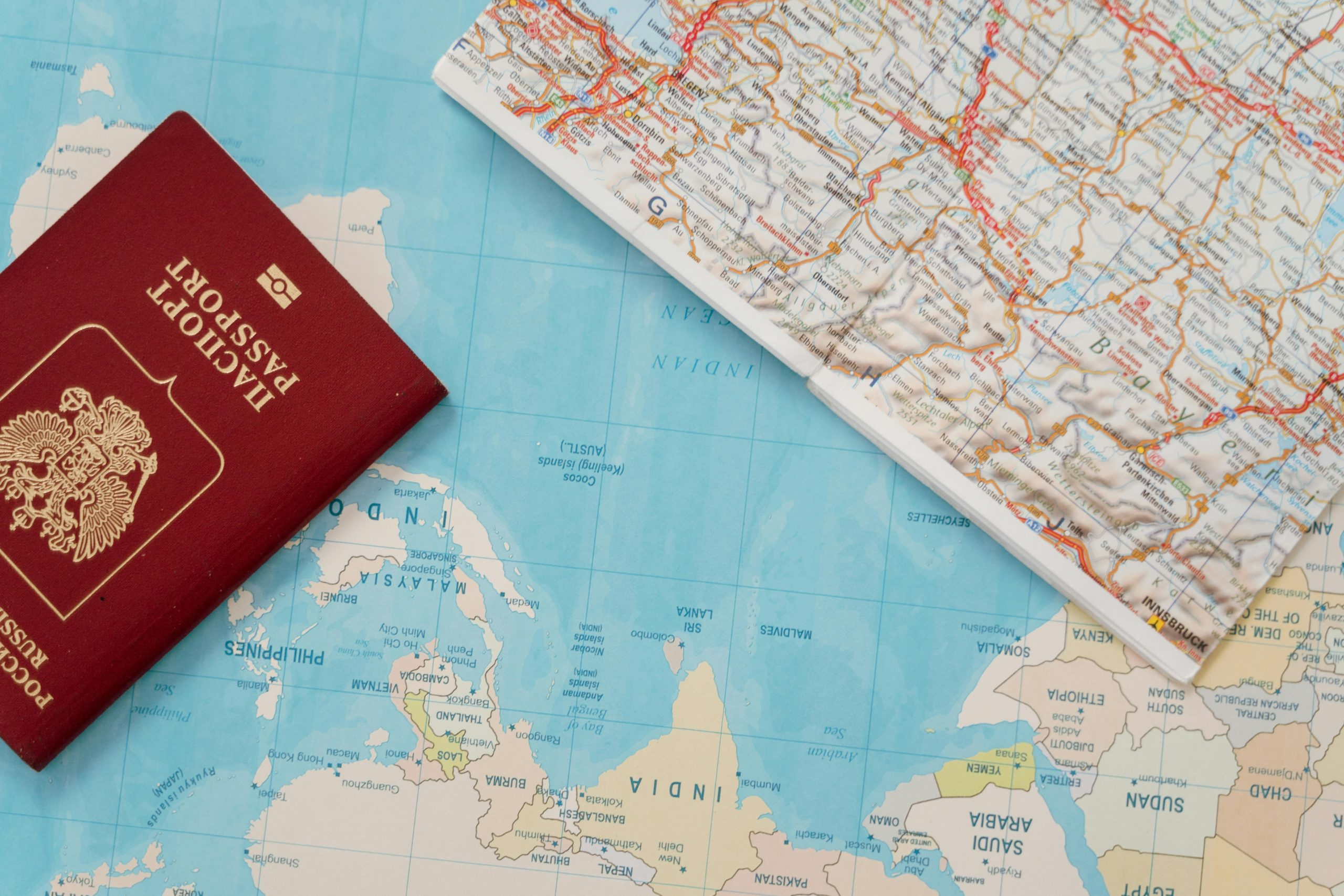The Impact of Travel Restrictions on Global Tourism Trends
Travel restrictions have become a significant factor in the global tourism industry, with the COVID-19 pandemic affecting millions of people and causing unprecedented disruptions in the travel sector. The sudden imposition of travel bans and mandatory quarantines has significantly impacted the natural flow of global tourism, resulting in a sharp decline in tourism activity and revenue. As the world slowly adapts to the “new normal,” it is crucial to analyze the impact of these travel restrictions on global tourism trends and what the future might hold for this vital industry.
The Rise and Fall of Global Tourism
Before the COVID-19 outbreak, the tourism industry was seeing steady growth, contributing significantly to the global economy. According to the World Travel and Tourism Council, the industry generated 10.4% of the world’s total economic activity in 2019, supporting over 319 million jobs worldwide. However, the pandemic brought global travel to a screeching halt, with countries closing their borders and implementing strict travel restrictions to curb the spread of the virus.
Impact on Tourist Arrivals and Revenue
The implementation of travel restrictions has had a significant impact on the number of tourists visiting different countries. According to the United Nations World Tourism Organization (UNWTO), global tourist arrivals declined by 65% during the first six months of 2020, equivalent to a loss of 440 million international arrivals. This plunge in numbers has resulted in an estimated loss of around US$460 billion in international tourism receipts.
These staggering numbers reflect the magnitude of the pandemic’s impact on the tourism industry. Countries heavily dependent on tourism, such as Thailand, France, and Spain, have been hit the hardest, with reported drops of over 75% in tourist arrivals. This has not only affected popular tourist destinations but also the small businesses and local economies that rely heavily on tourism for their livelihood.
Shift in Travel Priorities
The pandemic has also caused a shift in travel priorities, with people avoiding international travel and opting for domestic vacations instead. This has resulted in a “staycation” trend, where people choose to stay in their own countries or nearby destinations for vacations. According to a survey conducted by Airbnb, over 50% of travelers were considering a nearby vacation in the future.
Moreover, the pandemic has given rise to a new trend known as “workations.” With the increase in remote work and online learning, people are choosing to work or study from scenic locations instead of their homes. This trend has given a boost to domestic tourism, where people can experience a change of scenery while still adhering to travel restrictions.
The Road to Recovery
The tourism industry is currently facing an uncertain future, as the pandemic continues to spread globally. However, the gradual lifting of travel restrictions and the development of a vaccine offer a glimmer of hope for the industry’s revival. The UNWTO predicts that global tourism could recover to pre-pandemic levels by 2023 or 2024 if the virus is contained, and travel restrictions are gradually eased.
Adoption of Digital Technologies
The pandemic has accelerated digitalization in the tourism industry, with businesses and travelers shifting to online platforms and digital tools to adapt to the changing landscape. From virtual tours and online ticketing to contactless payments and health and safety apps, the integration of technology has become crucial in providing a safe and seamless travel experience.
Emphasis on Sustainable and Responsible Tourism
The pandemic has also highlighted the need for sustainable and responsible tourism practices. With reduced human activity, the environment has had a chance to heal, making travelers more aware of the impact of their actions on the planet. As travel resumes, there is an increased focus on responsible tourism, where travelers choose eco-friendly and community-based activities that have a positive impact on local communities and the environment.
The Future of Global Tourism
As we navigate the “new normal,” the tourism industry is likely to see a significant transformation in the coming years. The impact of travel restrictions on global tourism trends has pushed the industry to innovate, adapt, and become more resilient. While international travel may take some time to fully recover, domestic and nearby travel is expected to see a surge in the future.
One thing is for sure; the pandemic has reminded us of the immense impact of global tourism on the economy, society, and the environment. As we move forward, it is crucial to prioritize the safety and well-being of travelers while also promoting sustainable and responsible tourism practices.
In Conclusion
The COVID-19 pandemic has had an unprecedented impact on global tourism, with travel restrictions causing a major decline in tourist arrivals and revenue. However, as the world moves towards recovery, the industry is expected to emerge stronger, with a focus on innovation, sustainability, and responsible travel. Although the future of travel may look different, the desire to explore and experience new cultures will never fade, making global tourism an essential part of our lives and the economy.










